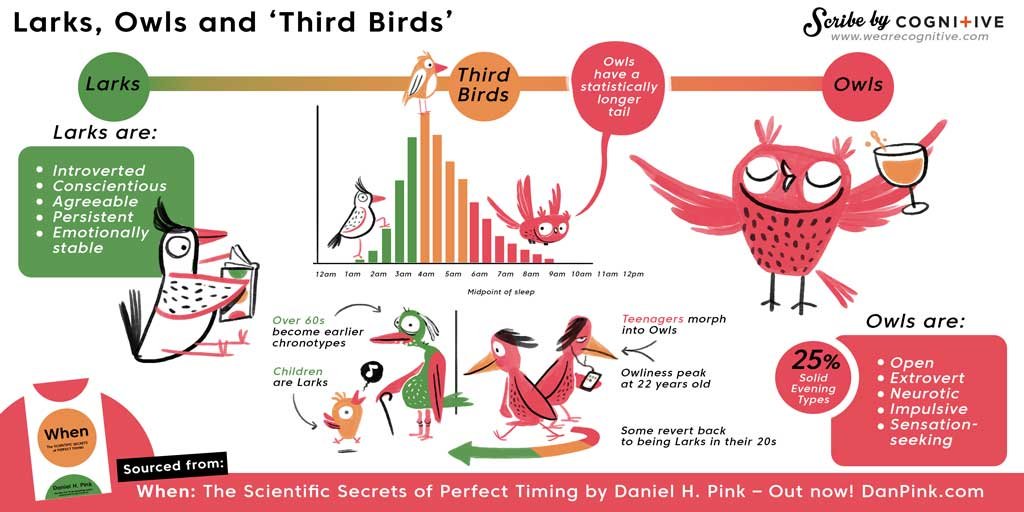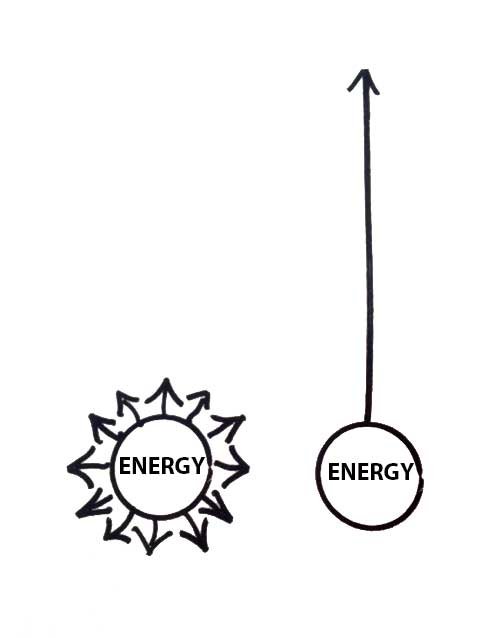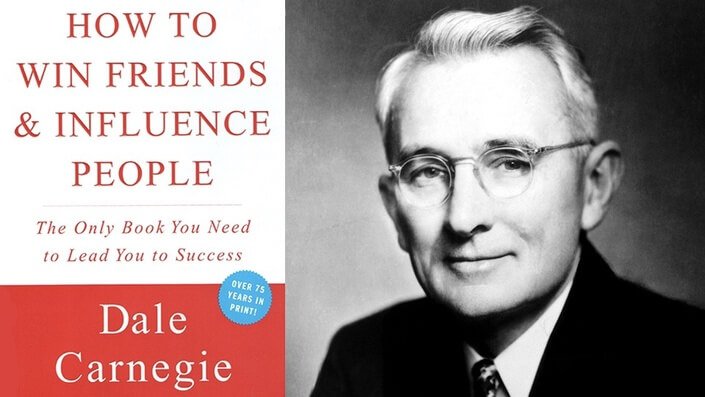12 Life Lessons I Learned in 2021
Like many people, 2020 disrupted a lot of my habits and routines. I was tired of feeling like I was just drifting through the year so I decided I’d set some goals for myself going into 2021. One of these goals was to read a book a month. I’ve always loved reading but didn’t make much time for it while in college. I was approaching the end of my time in school so I thought, why not? I challenged myself to read a book a month.
Here are the lessons I learned:
1. Timing is everything
When- Dan Pink
Pink is a fantastic author. I first discovered him when I was assigned his book To Sell is Human for one of my business classes. The big takeaway I had from this book was the idea of chronotypes. According to the book, I found out that I’m a lark/third bird which means I’m most effective in the early morning for analytical tasks and late afternoon/early evening for insight tasks. Discovering this about myself has helped me structure my days and be more mindful of when I work on certain tasks. I highly recommend you find out your chronotype and find ways you can structure your day around it.
2. Live at your highest point of contribution
Essentialism- Greg McKeown
“Essentialism is a disciplined systematic approach for determining where our highest point of contribution lies, then making execution of those things almost effortless.” That was the book in a nutshell. I really enjoyed this book because it made me genuinely take a look at how I was spending my time and if I was making progress on things that truly mattered to me. Another powerful quote from the book says, “The ability to choose cannot be taken or given away, it can only be forgotten.” If you’re tired of the way things are going in your life, you need to read this book.
3. Choose values that are bigger than yourself
The Subtle Art of Not Giving a F*ck- Mark Manson
Despite the edgy title, this book is filled with a lot of thought-provoking content. I think the saying about not judging a book by its cover was popularized after a time traveler went to the future and read Manson’s book. I was pleasantly surprised by the number of useful ideas in this book. The premise of the book is that giving a f*ck about everything is not only exhausting, but it’s a waste of time. Manson encourages the reader to choose better values, which leads to choosing to give f*cks about meaningful things. Packed with humor, lots of expletives, and good advice, this book is definitely worth a read.
4. Be other-focused
How to Win Friends and Influence People- Dale Carnegie
If you’ve been in the business or self-improvement world for any amount of time, you’ll know that this book is one of the most highly recommended ones out there. Even though the book was released in 1936, the contents of this book are still relevant today. This book taught me to look at my interactions with others in a completely different way. The major takeaway I got was that in order to win with people, you need to focus on them. Their needs, their feelings, their desires and communicate with that in mind. That’s how you win friends and influence people. Carnegie gives many tips and examples on how to approach certain situations with others that I found really valuable. If you want to improve your relationships with others, pick up this book.
5. Create systems, not goals
Atomic Habits- James Clear
Man oh, man. If you want to become a completely different person, you’ve gotta read this book! Clear dives into the science behind habits, both good and bad. He writes about why habits stick and why they don’t. The biggest thing I took away from this book was that I was thinking about habits all wrong. Habits are not only about the actions we take but a big part of them is how we think about them. As long as you’re implementing the ‘systems’ you’ve put in place, you’re winning. Clear argues that we have to fall in love with the process, not the product. You have to focus on identity change to make the desired actions lasting habits. Ask yourself if the type of person you’re working on becoming would do that particular action and then act accordingly.
6. Failure is your friend
How to Fail at Everything and Still Win Big- Scott Adams
Reading this book was quite the ride. Adams writes about everything from health, career, to what an ideal schedule looks like, all while weaving in the stories from his journey. He makes it a point to reframe the way readers view failure. He says, “Failure is your friend. It’s the raw material of success. Invite it in. Learn from it. And don’t leave until you pick its pocket.” Adams summarized his book perfectly in the last chapter, “Get your health right first, acquire resources and new skills through hard work, and look for an opportunity that gives you a flexible schedule someday.” Couldn’t have said it better myself.
7. Creatives can have successful careers too
Creative, Inc.- Meg Ilasco & Joy Cho
If you’ve ever started a creative business, you know firsthand how tough and uncertain it can be. This book is the antidote to both of those feelings. The authors give a detailed guide to starting, growing, and succeeding in your creative business. I wish I had read this when I was first starting out. My biggest takeaway from the book is that although it may seem impossible at times, having a successful creative career is achievable, it just involves taking intentional steps with everything you do. The practical advice on these pages is sure to help you and your creative business no matter which stage you’re in. If you’re tired of going through the motions in your creative business, you need to get this book.
8. Creativity is required to thrive
Creative Calling- Chase Jarvis
Many people falsely believe they’re not creative. Jarvis lays that myth to rest. According to him, “Creativity is the practice of combining or rearranging two or more unlikely things in new and useful ways.” This means that even if the work you do doesn’t neatly fall into society’s idea of creative work, it still is if you’re creating unique combinations of ideas.
With a background as a photographer, entrepreneur, and educator, Jarvis goes into detail about how you can infuse creativity in your every day and why doing so will completely transform the trajectory of your life. I was able to change many of the negative mindsets I had about my creativity and life thanks to Jarvis’s inspirational yet practical advice. This book was definitely a game-changer.
In the words of the author, “Our creative calling is our highest calling.”
9. Don’t delay important decisions
The Defining Decade- Meg Jay
After hearing from multiple friends that this book was a really good read, I decided to finally give it a chance. Dr. Jay writes about the topics of career, family, and love in a refreshing way. As a clinical psychologist that works primarily with young adults, she’s no stranger to the existential questions many recent college grads face. The premise of the book is that your 20s are the time to plan your life and set the tone for the rest of your time on earth. The tendency for many twentysomethings is to push off thinking seriously about career and relationship until later in life. The thought behind this is that if they wait their future selves will be wiser and make better decisions, but Dr. Jay argues that that’s not the case most of the time. If you feel a quarter-life crisis coming on, I think this book is for you.
10. A clear message wins every time
Building a StoryBrand- Donald Miller
This book is hands down one of my favorite ones I read all year. I think I liked it so much because of how actionable it was. In fact, the driving factor for completely redesigning my website was this book. If you run your own business or work in the marketing, advertising, or PR space then do yourself a favor and read this one. Miller starts off the book by explaining why most marketing fails. He then goes on to explain how stories have naturally captured the attention of humans since the beginning of time. Our brains are wired to think in stories, so why shouldn’t your marketing and messaging tell a story?
One of the most repeated sayings at his company, StoryBrand, is, “If you confuse, you’ll lose.” In a fascinating explanation, the author says that the human brain is made to preserve calories. Why is this important… well, when your marketing and messaging are unclear, you are causing your audience to expend extra energy (calories) trying to figure out what you’re saying. He goes on to say, “We’ll lose to an inferior product if our competitor’s offer is communicated more clearly.”
Packed with practical steps towards simplifying your marketing, I know you’ll get an immense amount of value if you read and implement what Miller suggests.
11. Love yourself
You Are a Badass- Jen Sincero
Love yourself. The oft-repeated phrase all throughout this book. Ok, I’ll admit it. This book has a lot of hippie ideas, as you could probably tell by the title and my takeaway. I’ll tell you what though, I still found a lot of it useful.
The main theme of this book is mindsets and how you probably have lived with the wrong ones your whole life. Sincero breaks down the seemingly unending stream of negative beliefs and thoughts many of us have grown up with and why they are just plain wrong. Although it may seem like it on the surface, this isn’t one of those “just believe in yourselves books.” It’s so much more. The author provides many life stories, tips, and exercises to help you test the ideas she proposes. When I finished this book, I had a great amount of optimism like I haven’t had before. I like to think I’m a generally optimistic person so if that’s how I felt, imagine how you will feel if you fall more on the neutral or pessimistic side of things.
12. Curiosity is key
Designing Your Life- Bill Burnett & Dave Evans
Our modern-day lives provide us with an endless amount of options. If you’ve ever struggled to choose toothpaste at a grocery store, you know exactly what I’m talking about. The problem is that many of us face the same paralyzing number of choices when it comes to career paths we can take. Whether you’re a fresh college graduate like myself, in the middle of your career, or in your encore career, we all face the same overwhelming thoughts and feelings about choosing.
Designing Your Life helps the reader break the intimidating tasks of choosing a career path and balanced life into manageable steps by applying the design thinking principles they teach their students at Stanford. This book is great because it isn’t filled with theory. Each chapter ends with a list of things to try under the title Try Stuff” which I found helpful. Burnett and Evans inform the reader of five mindsets that designers use to solve problems. Once I familiarized myself with these mindsets, I realized how many past decisions that I agonized over for days could’ve been easily solved if I filtered them through those mindsets. This book really gave me a fresh perspective on work, life, and problem-solving and I think it’ll do the same for you.
Conclusion
The cool thing about these books is that they have a lot of themes in common. For example, both Essentialism and The Subtle Art of Not Giving a F*ck share the idea of eliminating or not caring about things that shouldn’t truly matter to you so that you can live a more fulfilled and happy life. Atomic Habits and How to Fail at Almost Everything and Still Win Big both touch on the idea that systems are more effective at getting you to what you want than goals.
Filling my mind with these great pieces of writing allowed me to find parallels between seemingly unrelated ideas. I navigated this year much differently as a result. It’s mindblowing the ability books have to change our lives. I hope you learned a lot from this blog post and use the lessons I learned to make meaningful changes in your life.












